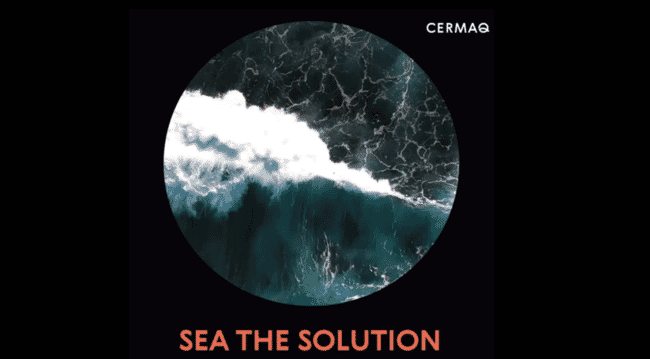
Called Sea the Solution, it outlines the need to understand the complex biodiversity in the ocean.
“We cannot find the solutions without recognising the problem the solution should address. Sugar coating our issues will not only hamper our progress but also lessen trust in us. In Cermaq, we recognise that there are needs for improvement in multiple areas and we want to share how we address these and how we see the role of aquaculture in the future,” said Steven Rafferty, CEO of Cermaq, in a press release.
The document emphasises that there is only one ocean and that food producers should be especially concerned about keeping it healthy.
“At the same time, also our operation may have negative impact that should be avoided,” the document states.
“All food production will have a footprint, and our task is to reduce the footprint to minimum, and balance the footprints measured as CO2, freshwater use, arable land use, feed ingredients and in a way where our operations is part of a circular economy. We still have a way to go, but we are heading in the right direction,” said Rafferty.
Sea the Solution includes information on how to change the composition of fish feed towards ingredients not suitable for direct human consumption, circularity in co-production with algae farming, what is needed to avoid farmed fish being stressed welfare, and how local communities can take part in and benefit from growing salmon in their areas.


